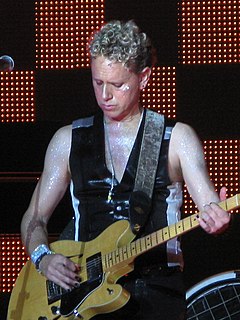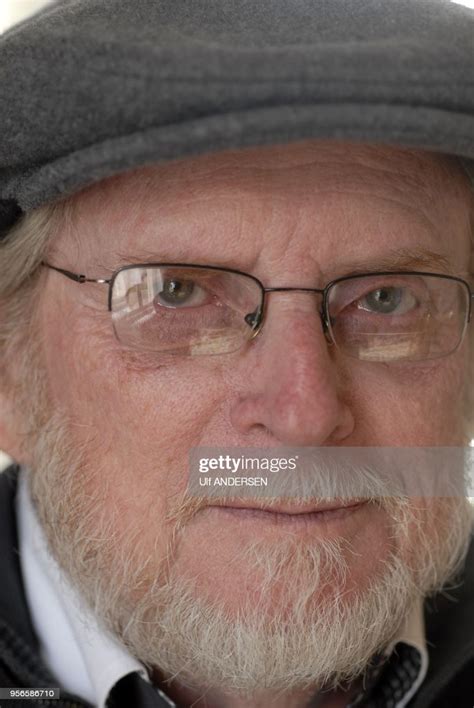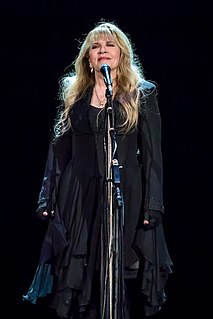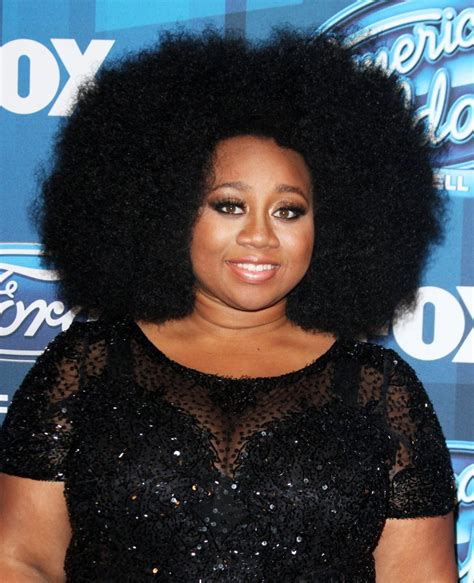A Quote by Martin Gore
I don't write poems and put them to music. Just let things flow.
Related Quotes
[Kenneth Koch] taught children in public schools in New York City to write poems and told them down worry about rhyming, don't worry about any of that stuff. You know, write a poem where you mention three colors and make it five lines - or he would just give them, you know, little strategies. And, man, they wrote some great poems.
I don't write as much now as I used to, but I write. The lines still come, maybe periodically, and I'll go through these little bursts of time where I write a lot of things then a long period of time where maybe I don't write anything. Or these lines will come into my head and I'll write 'em down in a little book, just little sets of lines, but I won't try to make stories or poems out of them. I'm doing a lot of that now, just the lines.
What does it mean to be a used white wife, a mother, a tragic girl writing poems? Sandra Simonds gets into these messy words and then tears them apart. Sometimes with the words of others. And sometimes with poems made from scratch. They aren't all bad, these words. But they aren't all good either. And that is where Mother was a Tragic Girl gets its power. You will at moments be laughing but then you will also at moments just as much be crying. If Antigone was alive and decided to write some poems about the nuclear family, she would write them like Sandra Simonds. These are tough.
I write my music with the idea that it will appeal to all of those people, and I want them to go in with all the history that's within all of us - all the things that they've listened to in the backs of their minds, whether it's country music or minimal techno, or classical music or whatever. I want them to bring that excitement, that love, or that hate, or whatever it might be, to my music. I feel that my music draws on so many different things.
I won't forget those kind of things, but I just want to write them down and look at them. It's almost like when things like music come out and you're listening to a song and you have experiences with art or phenomena that supersede your simple relationship with them as just a piece of art. They're more than that. That's just what those quote are for me. They're big, they're important.
As the great Confucius said, "The one who would be in constant happiness must frequently change." Flow. But we keep looking back, don't we? We cling to things in the past and cling to things in the present...Do you want to enjoy a symphony? Don't hold on to a few bars of the music. Don't hold on to a couple of notes. Let them pass, let them flow. The whole enjoyment of a symphony lies in your readiness to allow the notes to pass.
I am committed now to one thing: lyric sequences. I want the intensity of lyric, but the scope and arc of narrative. so, I think I'll just write sequences for the foreseeable (the Beloved sequence doesn't have a 'plot' so I can just keep adding poems to it, it's like a giant bag I can just put beloved lyrics into - I think there are about 300 of them i've published by now).




































